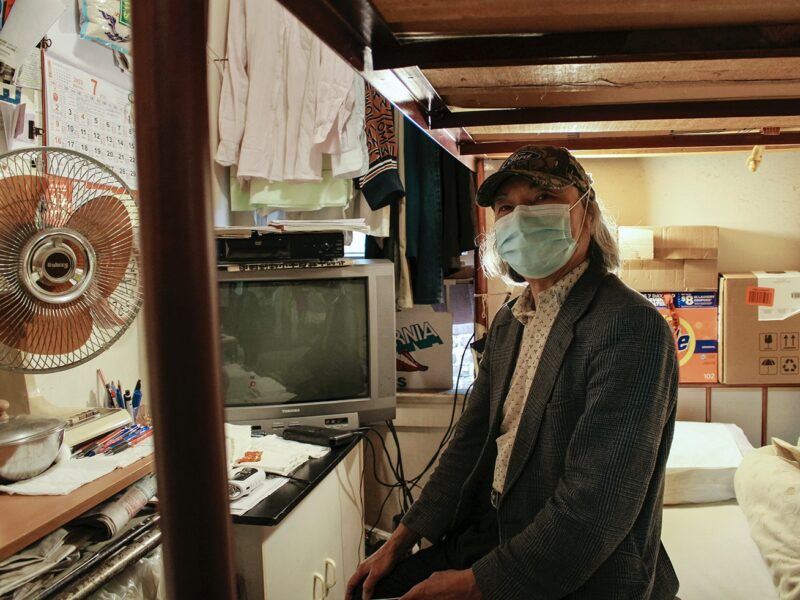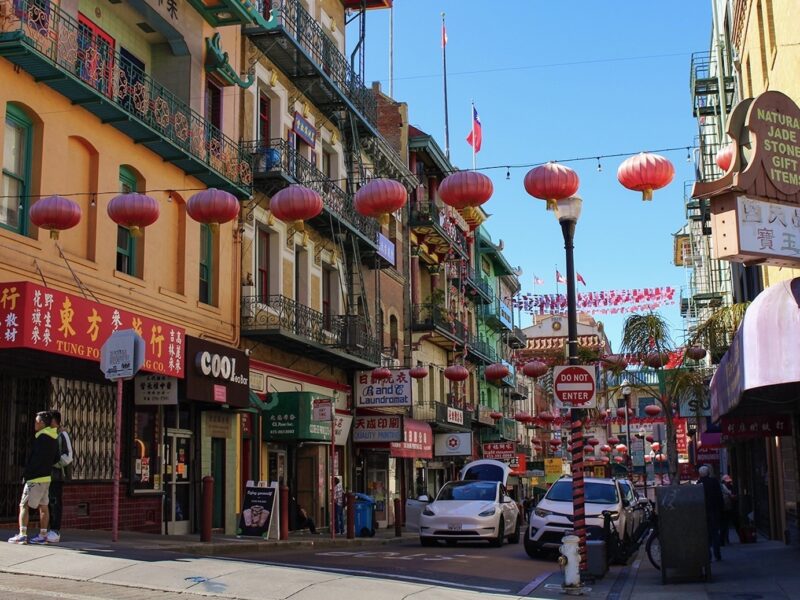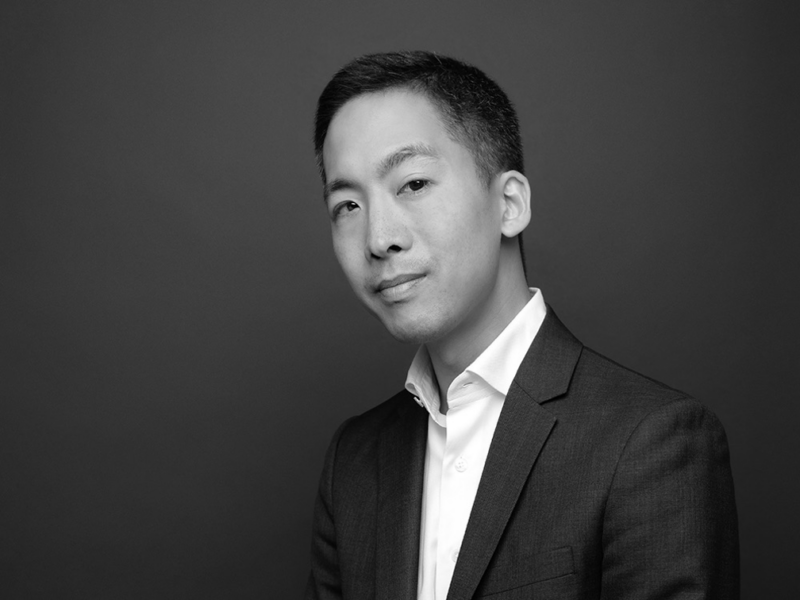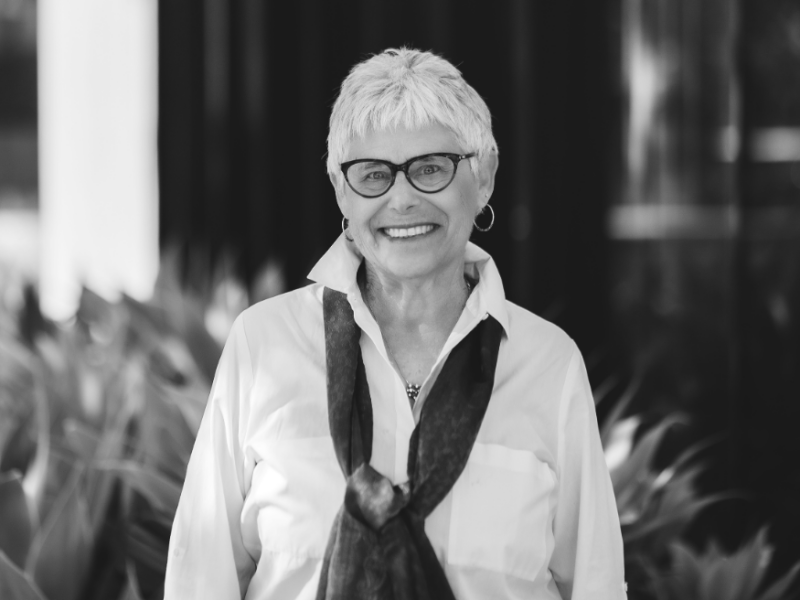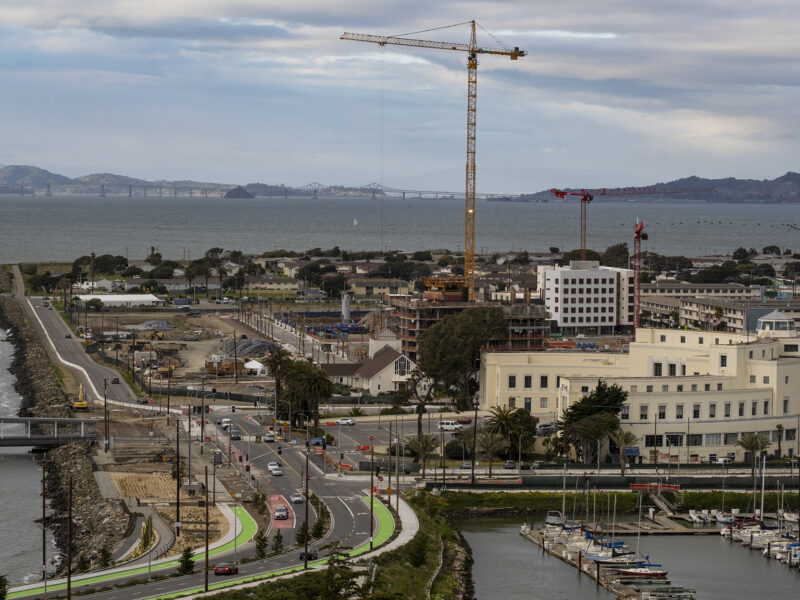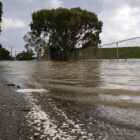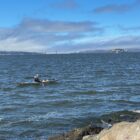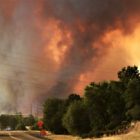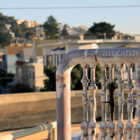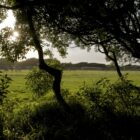Community organizations say the systems in Chinatown to protect older populations during extreme weather are not enough to meet the needs that could arise. Without sufficient financial backing, the health of many older residents in the neighborhood could be threatened during extreme weather disasters. Similar scenarios could transpire in San Francisco’s other climate-vulnerable areas.
Public Safety
Intense Weather Stress-Tested SF’s Emergency Response
Rains this winter and early spring ended the drought in the Bay Area and brought a kind of weather whiplash that put San Francisco’s Department of Emergency Management to the test.
Early in the storm cycle, the department faced challenges communicating with the public, especially with people experiencing homelessness. Internal confusion over the forecast delayed the opening of its Emergency Operations Center until a major storm was under way. In at least one instance, flood barriers were deployed too late to prevent homes and businesses from being inundated.
Despite those missteps, the city rallied a coordinated response from its Emergency Operations Center, where multiple city agencies, along with Pacific Gas and Electric Co. representatives, gathered to discuss and act on emerging issues in real time.
Aging
Research on Climate Change and Health Reveals Risks for Older Adults: Q&A With Dr. Andrew Chang
Dr. Andrew Chang, an attending physician specializing in cardiology at the Veterans Affairs Palo Alto Health Care System and postdoctoral research fellow at the Stanford Cardiovascular Institute, is investigating how the biological mechanisms of aging and a warming world will affect the health of older adults.
Climate Change
Cool San Francisco Could Get Walloped by Next Heat Wave, but City Says It’s Ready
Since the 1970s, San Francisco’s average temperature has increased by 2 degrees Fahrenheit. City leaders are developing new strategies to keep people safe, with infrastructure designed for much cooler weather. The question is whether San Francisco is ready for the next deadly heat wave.
Utilities
Growing Bay Area Need Not Use More Water, Report Says
The Bay Area can house millions more people without increasing its water use, according to a new report from the urbanist and water-use think tanks SPUR and the Pacific Institute. This could be done by continuing to improve water conservation efforts while concentrating on developing infill housing to prevent urban sprawl.
Climate Change
Bay Area Organizers Take Climate, Indigenous Rights Advocacy to Global Summit
Thousands of delegates from around the world will meet next week in Glasgow, Scotland to discuss their nations’ commitments to addressing the climate crisis at the United Nations Climate Change Conference. Among those attending will be local organizers from the NDN Collective, an indigenous-led and -staffed organization.
Climate Change
Battling Despair Over a New Climate Change Reality
As wildfires rage, unprecedented heat waves kill and cities are drowned in heavy rain, climate dread is turning to climate grief for many people.
Climate Change
Environmental Policy Analyst Makes Case for Building Electrification
Sasan Saadat, a research and policy analyst with Earthjustice, gave “Civic” an overview of the hazards associated with gas use in homes and explains some of the shortcomings of fossil gas alternatives.
“Civic” Podcast
Urban Community Farm Adapts as Exceptional Drought Hits Home
Tere Almaguer, an environmental justice organizer with PODER, talked with “Civic” about how the group has adapted to years of inconsistent rainfall. Almaguer said California’s exceptional drought conditions have already had visible effects on the farm, like flowering plants that grew shorter and bloomed later this year than previously. Hummingbird Farm will also be experimenting with an alternative water source: Drawing water from the air.
“Civic” Podcast
Water Efficiency Is Energy Efficiency, Too, Expert Says
Laura Feinstein, sustainability and resilience policy director at the urban think tank SPUR, explained the difficult choice between attempting to create separate drinking and nonpotable water systems, or developing robust wastewater recycling systems.
Parks & Open Space
SF Ranks High on Parks Access, but Communities of Color Have Less Space
According to a ranking from the nonprofit Trust for Public Land, all San Francisco residents live within a 10-minute walk of a park, but residents of neighborhoods where most people identify as people of color have access to 56% less park space per capita than residents in neighborhoods that are predominantly white.
